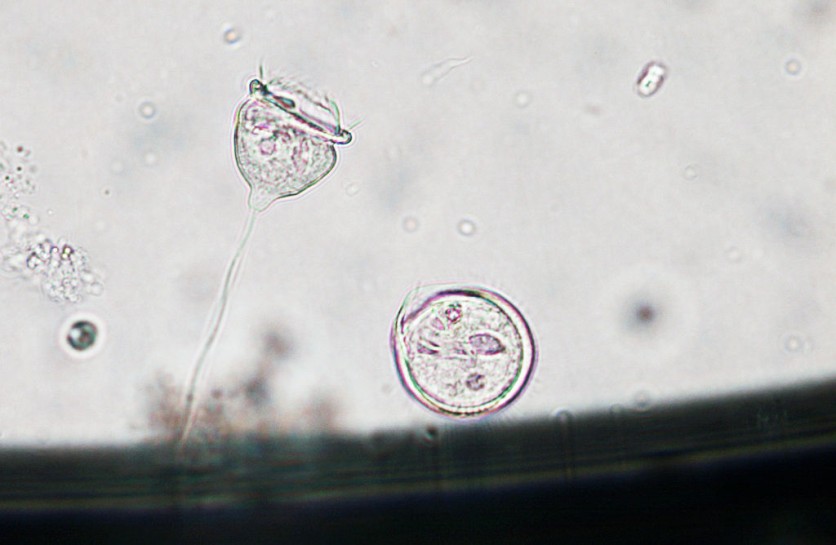Are you ready for a future where robots can conduct 10,000 scientific experiments a day? Well, get ready because a recent study shows that an artificial intelligence system may make this notion a reality.
Led by a professor from the University of Michigan, the BacterAI platform is a new technology that uses AI to conduct scientific experiments autonomously.

The BacterAI
The platform is designed to map the metabolism of microbes, and it's already proving to be revolutionary in the field of microbiology. With BacterAI, researchers can now learn more about the microbes that influence our health, from what they eat to how they grow.
"Understanding how bacteria grow is the first step toward reengineering our microbiome," says Paul Jensen, U-M assistant professor of biomedical engineering. And with BacterAI, that understanding is now within reach.
So how does it work? Rather than depending on labeled data sets, BacterAI generates its data set by conducting experiments and analyzing the outcomes of past trials. By doing this, it can predict which new experiments would provide the most information.
Consequently, it identified most of the rules for feeding bacteria with less than 4,000 experiments.
But BacterAI is not your average machine-learning model. This AI agent is programmed to "take steps and fall down, to come up with its own ideas and make mistakes," says Jensen. And just like a child learning to walk, every day it gets a little better, a little smarter.
The team claims that BacterAI managed to produce precise predictions with 90% accuracy. It achieved this by testing numerous combinations of amino acids each day, fine-tuning its focus and varying the combinations based on the prior day's results.
Compared to traditional methods, which necessitate significant time and resources to acquire basic scientific knowledge about microbes, BacterAI can significantly hasten the process of discovery. The team conducted up to 10,000 experiments in a single day!
Read Also : Quick Guide: New AI-Powered App Superchat Allows Users to Chat With DaVinci, Other Historical People!
Beyond Microbiology
The potential impact of this innovation is not limited to microbiology alone. BacterAI can be utilized by researchers across various fields to frame questions as puzzles for the AI to solve through trial and error.
So what does this mean for the future of scientific discovery? With BacterAI, we could see a drastic leap forward in the pace of discovery in areas from medicine to agriculture to environmental science.
However, we must also not forget that the greatest scientific discoveries were derived from human minds. Time will tell if AI can capture the quirks and intricacies of a scientific mind but nonetheless, this new tech may just be one step forward to that.
The work's findings were published in the journal Nature Microbiology.
Related Article : ESA Seeks Help From AI to Discover Exoplanets; Here's What to Know About Ariel Data Challenge 2023

ⓒ 2025 TECHTIMES.com All rights reserved. Do not reproduce without permission.




